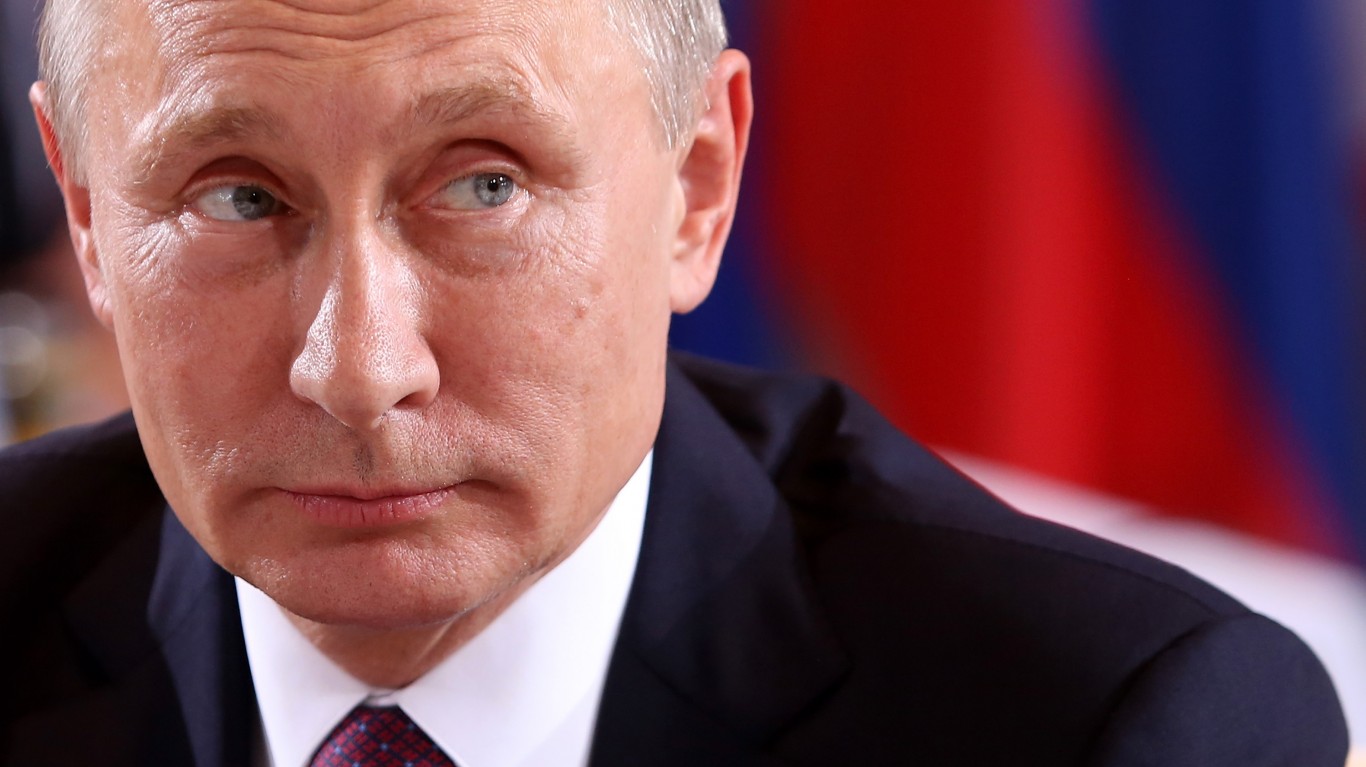

The always tenuous agreement between OPEC and non-OPEC crude oil producers in what is known as OPEC+ may have ended with a bang, not a whimper, on Friday. OPEC has made no official announcement yet, but sources have told Reuters that Saudi Arabia failed in its efforts to negotiate a compromise that would have deepened the cuts as a response to the slowdown in the global economy caused by the coronavirus outbreak.
On Thursday, OPEC ministers meeting in Vienna recommended that OPEC+ reduce production by an additional 1.5 million barrels a day in response to weakening demand. The cartel cited a recent lowering of the International Energy Agency (IEA) demand growth forecast for 2020 from an additional 1.1 million barrels a day to just 480,000 barrels. Two-thirds of the proposed cut would have been absorbed by OPEC and the other third by non-cartel members of OPEC+.
Russia, the key to the OPEC+ group, has argued that it is too soon to assess the impact of the coronavirus outbreak and it has apparently stuck to its story.
If this report is accurate, the extension agreed to by OPEC+ members in December will end this month, leaving the members of OPEC+ to pump as they wish in a market that is already oversupplied. The December agreement cut OPEC+ production by 2.1 million barrels a day.
The reports have caused crude prices to dive. West Texas Intermediate crude (WTI) has dropped by around 6.5% in the late morning Friday to around $42.95 while the international benchmark, Brent crude, has dropped by about 6.4% to around $46.80. Urals crude, the benchmark for Russian production, traded up about 2% at $48.25 a barrel.
If Russia won’t cooperate, OPEC may be forced to withdraw its offer to cut an additional million barrels a day and risk pushing Brent to around $40 a barrel or less. The Russians may be counting on the fact that at those levels, U.S. shale drillers would be forced to cut production because they could not make a profit with WTI in the mid-$30 range. Russia has already said they are comfortable with a price of $40 a barrel.
According to a 2019 report from the Dallas Fed that was updated last month, the lowest breakeven price on a new well in Texas in March of 2019 was posted in the Midland basin where the breakeven was $48 a barrel. An operating Midland basin well could break even at $27 a barrel, but shale wells deplete quickly and new wells must replace older ones constantly in order to keep production levels up.
Regardless of what U.S. producers may claim, a Wall Street Journal report in January of last year suggested that “current production levels may be hard to sustain without greater spending because operators will have to drill more wells to meet growth targets.” More spending is highly unlikely because investors continue demanding returns and the producers only have so much cash to spread around.
Russia still has a strong hand to play in its squabble with OPEC. The Russians can hold out for an agreement that makes them look like heroes without having to sacrifice anything. They’ve done it before, and there’s no reason for them to change now.
Sponsored: Want to Retire Early? Start Here
Want retirement to come a few years earlier than you’d planned? Orare you ready to retire now, but want an extra set of eyes on your finances?
Now you can speak with up to 3 financial experts in your area for FREE. By simply clicking here you can begin to match with financial professionals who can help you build your plan to retire early. And the best part? The first conversation with them is free.
Click here to match with up to 3 financial pros who would be excited to help you make financial decisions.
Thank you for reading! Have some feedback for us?
Contact the 24/7 Wall St. editorial team.
 24/7 Wall St.
24/7 Wall St.

